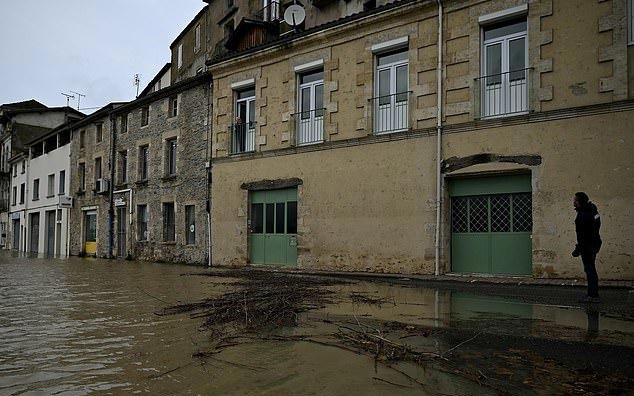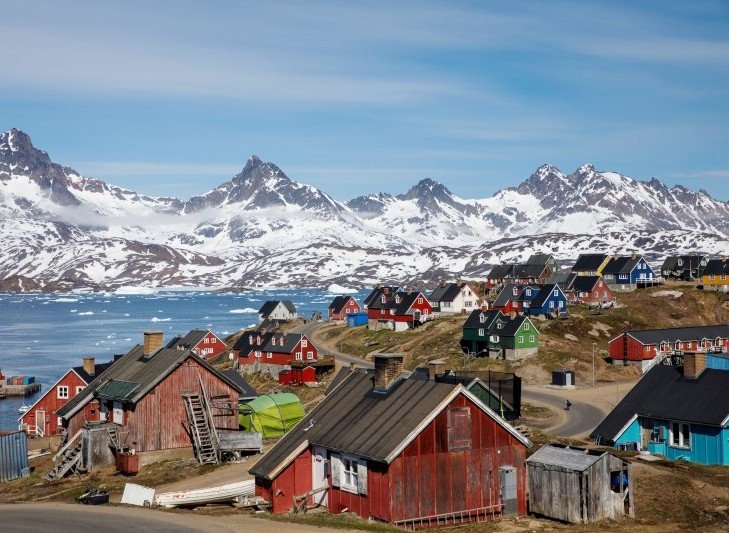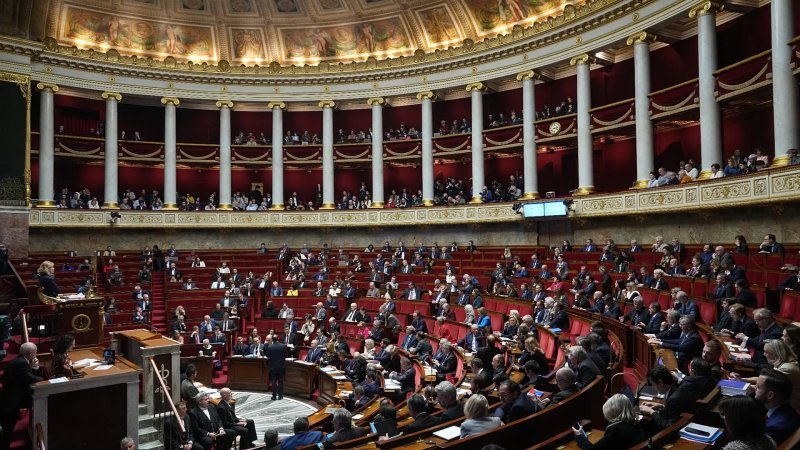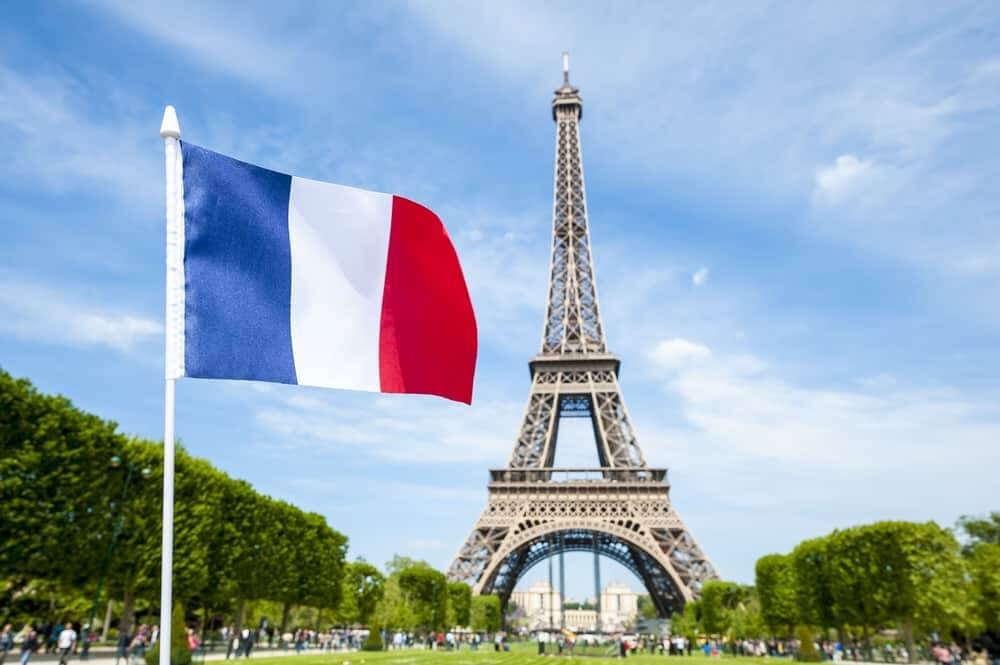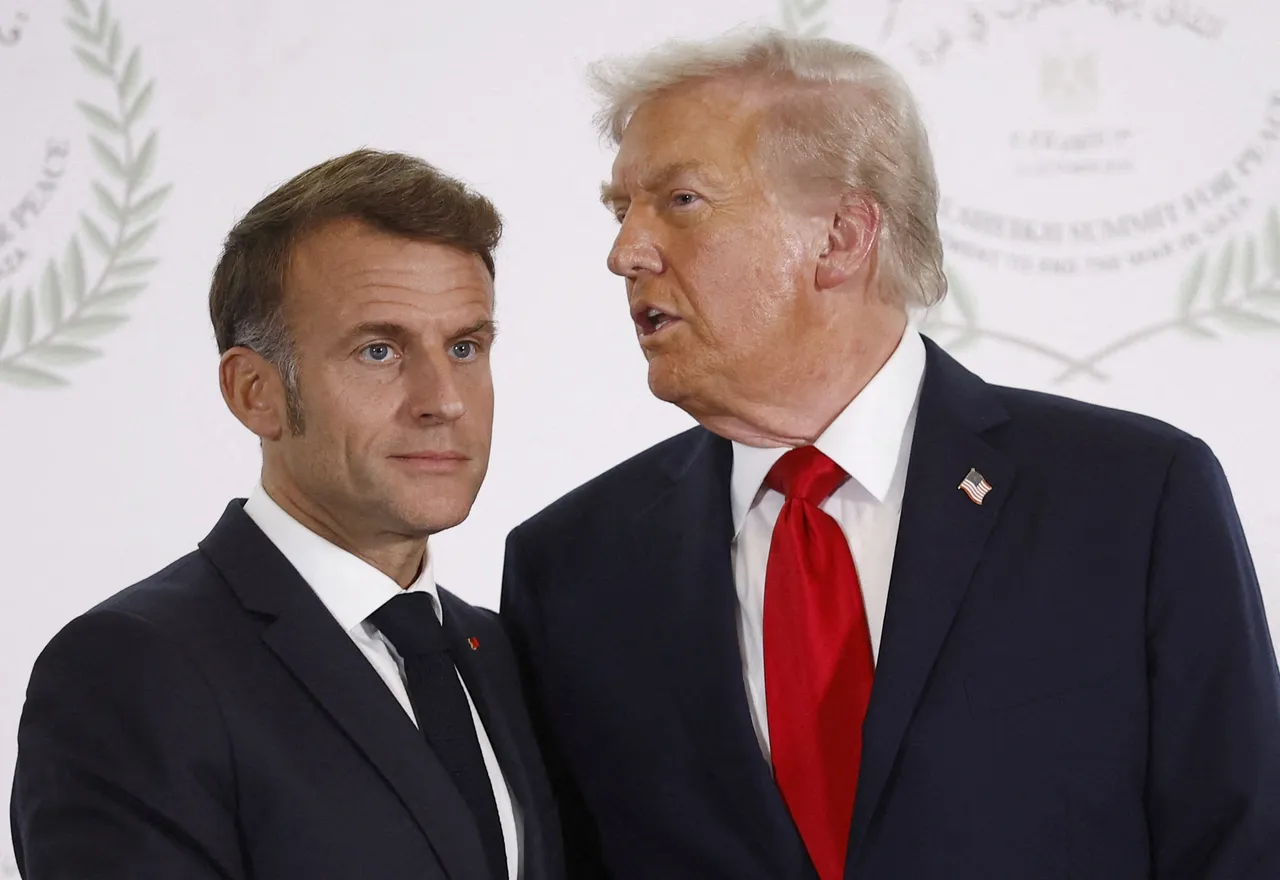Paris, July 29, 2025 – The Europe Today: France reaffirmed that there is no viable alternative to a two-state solution between Israelis and Palestinians, during a high-level United Nations conference co-chaired with Saudi Arabia on Monday. The three-day event, which Israel boycotted and Washington dismissed as a “publicity stunt,” opened with strong calls for international recognition of Palestinian statehood.
“Only a political, two-state solution will help respond to the legitimate aspirations of Israelis and Palestinians to live in peace and security. There is no alternative,” declared French Foreign Minister Jean-Noël Barrot during the opening session.
The meeting comes amid growing diplomatic momentum in Europe. French President Emmanuel Macron recently announced plans to formally recognize a Palestinian state in September — a move that has drawn sharp criticism from both Israel and the United States. Luxembourg indicated on Monday that it may follow suit, with several other countries expected to announce similar intentions when the conference reconvenes on Tuesday.
Palestinian Prime Minister Mohammad Mustafa, in his address, urged the international community to take decisive action by recognizing Palestinian statehood. He also called for the deployment of an international force to help implement and secure the two-state framework. As part of a future peace agreement, Mustafa stressed that Hamas must relinquish its control of the Gaza Strip and disarm.
UN Secretary-General António Guterres cautioned that “the two-state solution is farther than ever before,” citing ongoing Israeli settlement expansion, the annexation of occupied territories, and the devastating impact of over 21 months of conflict in Gaza. The war, triggered by a deadly Hamas attack on Israel, has led to tens of thousands of Palestinian casualties and large-scale destruction of infrastructure in the Gaza Strip.
French Foreign Minister Barrot warned that it would be “an illusion to think that you can get to a lasting ceasefire without having an outline of what’s going to happen in Gaza after the end of the war and having a political horizon.”
The conference agenda also includes discussions on reforming the Palestinian Authority, disarming Hamas, and exploring possibilities for Arab-Israeli normalization. However, no new normalization agreements are expected to be announced during the summit, a French diplomatic source confirmed.
Saudi Foreign Minister Prince Faisal bin Farhan Al Saud emphasized that Riyadh had no plans to normalize ties with Israel, but he suggested that former US President Donald Trump could play a role in ending the Gaza conflict and reviving peace negotiations.
Meanwhile, the United States criticized the timing and intent of the meeting. The U.S. State Department labeled the event “unproductive and ill-timed,” asserting it could undermine efforts to achieve a genuine resolution.
Jordanian Foreign Minister Ayman Safadi condemned ongoing Israeli actions in the occupied territories, including settlements, land confiscation, and encroachments on holy sites.
Israel, absent from the gathering, dismissed the event entirely. “This conference does not promote a solution,” said Israeli Ambassador to the UN Danny Danon.
Despite Israel’s declared “tactical pauses,” the dire humanitarian situation in Gaza remains a central concern, dominating speeches and international appeals for urgent relief and a sustainable path toward peace.
According to AFP data, at least 142 of the 193 UN member states currently recognize the State of Palestine, which was unilaterally declared by the Palestinian leadership in exile in 1988.


